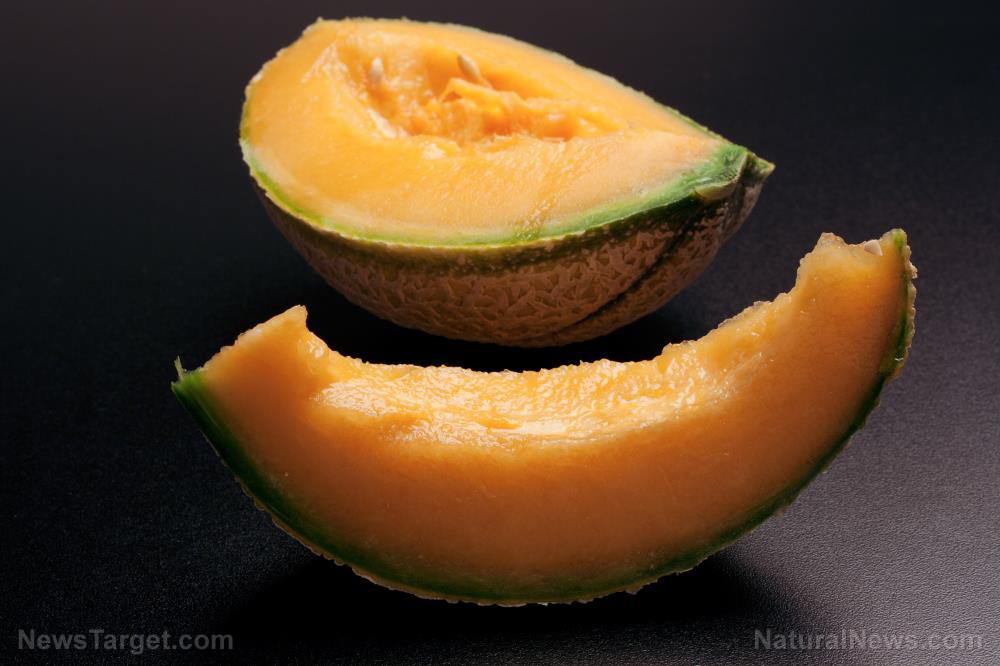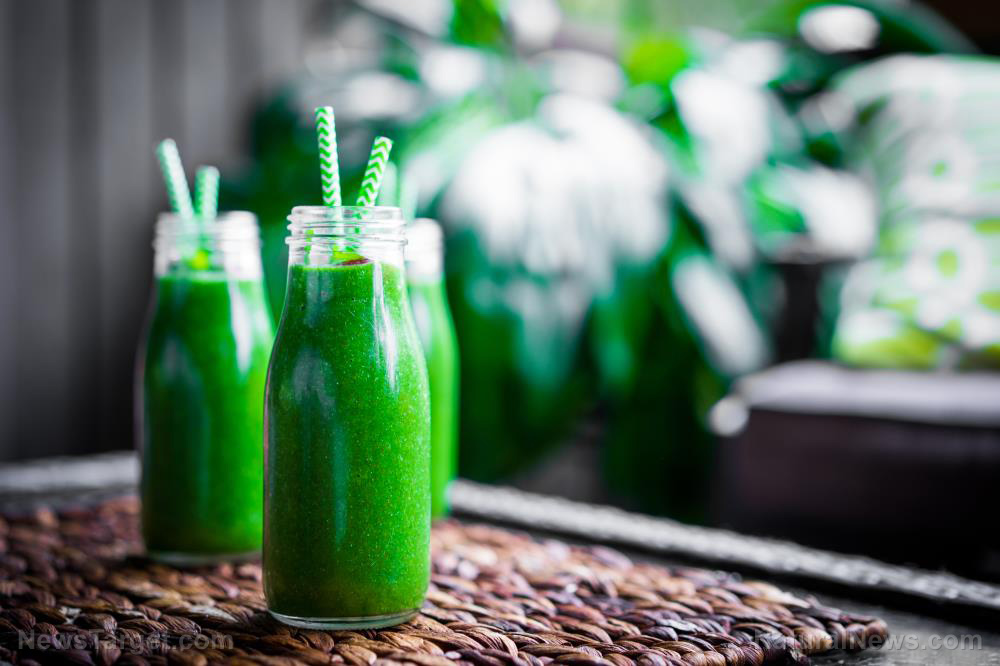
Cantaloupe vs. honeydew: nutrition, origin and features
Cantaloupe and honeydew both belong to the melon family called Cucurbitaceae. They are, however, born from different origins.
Historians believe cantaloupe originated in parts of Africa and potentially as far east as India or China. Its name is from the French word “cantaloup,” which came from the Italian “Cantalupo,” a summer residence of the pope.
Meanwhile, honeydew is thought to have originated in the Middle East or Africa. The name “honeydew” is the American term for a French cultivar known as White Antibes, which has been grown in Algeria and southern France for export.
Cantaloupe and honeydew differ in size, color and texture. The heavier cantaloupe ranges from six to 10 inches long and has a dark, netted rind and an orange flesh. Meanwhile, honeydew is about four to eight inches long and has a smooth, light-colored rind and green flesh.
Moreover, cantaloupe is packed with 50 times more vitamin A than honeydew. Cantaloupe's intense orange color is proof that it contains a lot of carotenoids, some of which serve as a precursor to vitamin A. In addition, cantaloupe contains more vitamin C than honeydew. Save for these differences, the two fruits share nearly the same nutritional profile.
Both melons are rich in the antioxidants lutein and zeaxanthin, which can protect your eyes from age-related macular degeneration -- the leading cause of vision impairment in older adults.
Moreover, cantaloupe and honeydew are each about 90 percent water. They contain electrolytes like potassium, calcium, magnesium and sodium. Electrolytes help keep you hydrated, which is why foods like honeydew and cantaloupe are perfect for the summer. (Related: 16 Reasons to eat cantaloupe this summer.)
Culinary uses of cantaloupe and honeydew
Adding cantaloupe and honeydew to dishes is a great way to bring more flavor to your meals. They're natural sweeteners that can be used for a variety of recipes. Melons, in general, work well with nuts, other fruits and savory foods like pork.
When used in mixes and recipes, the two melons can be interchanged as they're packed with nearly the same nutrients. However, honeydew is sweeter than cantaloupe so you have to take your pick to get your preferred taste.
Here are some of the many desserts and treats that use cantaloupe and honeydew:
- Salads
- Sorbet
- Cocktails
- Cupcakes
- Margaritas
- Bubble tea
- Smoothies
- Ice pops
- Salsa
- Chilled soups
Keep in mind that cantaloupe is more likely to get contaminated with disease-causing bacteria. Its netted rind is hard to clean and provides more recesses where bacteria can grow. Pregnant women and people with a compromised immune system need to exercise great care in storing cantaloupe.
Whichever way you choose to enjoy your melons, what matters in the end is the nutritional benefit you gain. While they're readily available in the market, you can always grow your own cantaloupe and honeydew in your backyard. This way you can ensure that your melons are 100 percent organic and toxin-free.
Learn more about the culinary uses of melons at Fruits.news.
Sources include:
Please contact us for more information.























